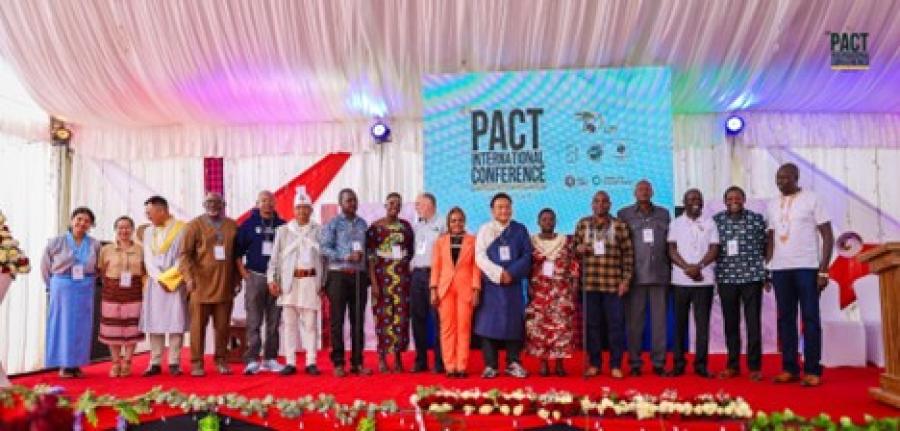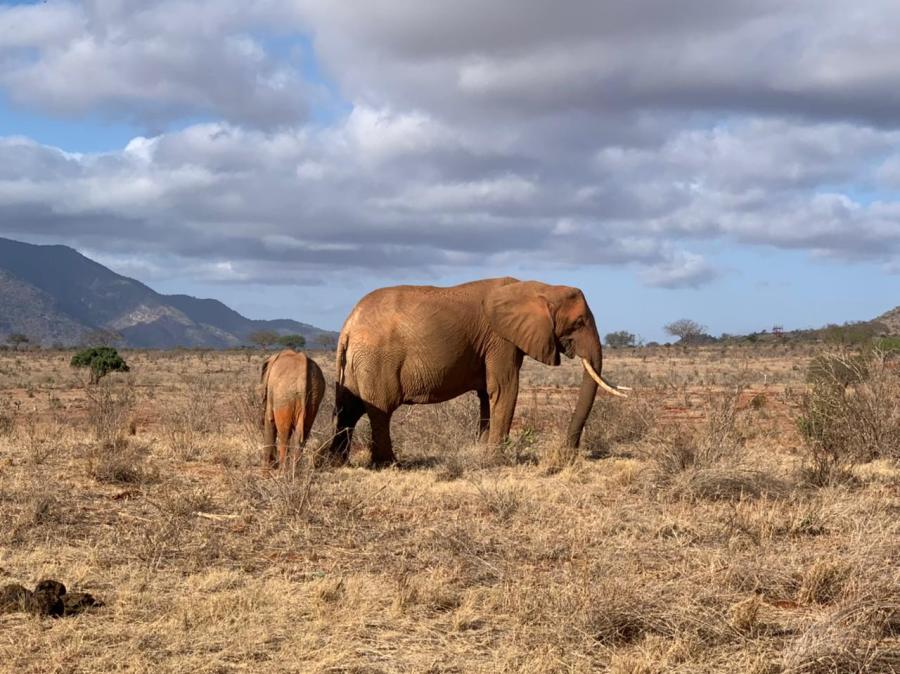By Rapaine Ole Koissaba Ben
The peoples of Kenya voted in an electoral process on March 4, 2013. There were six differing elections held on that day with the contests for president, 47 governors, 47 senators, and 47 county women’s representatives, 290 members of the National Assembly and 1,450 members of the county assembly. When the election results were officially announced by the Independent Electoral and Boundaries Commission (IEBC) on 9 March, Uhuru Kenyatta, leader of the National Alliance (TNA), which together with three other parties formed the Jubilee Coalition, was declared winner of the presidential vote with 6,173,433 votes out of 12, 330, 028 votes cast – translating into 50.07 per cent of the vote. Mr. Raila Odinga, leader of the Coalition for Reform and Democracy (CORD), was supposed to have polled 5,340, 546 or 43.31 per cent of the votes. Under the Constitution of Kenya, the winner had to receive 50 percent plus one to avoid a runoff election. In this announcement Kenyatta, son of former President Jomo Kenyatta, was declared president elect.
This did not go down well with the CORD alliance who within an hour of the proclamation of Uhuru as the winner Raila issued a statement stating that his coalition disputed the results on account of massive electronic and manual manipulation of the results. This will call for a long protracted legal battle. Indicators are showing that the state has had its way by going ahead to organize for the swearing in of Uhuru and organizing for security meeting between Uhuru and the national security chiefs. There seems to be a deliberate delay in submitting materials to the CORD coalitions as ordered by the now revamped a seemingly independent Judiciary.
The outcome of the elections definitely has pointers to the fate of the Indigenous Peoples of Kenya in regards to their ability and opportunity to seek redress for human rights issues that have been in the bone of contention between the forces of impunity and democratic reforms in Kenya. First Uhuru and his running mate Ruttoh were spearheading the anti-new Constitution brigade during the referendum which ushered in a new constitutional dispensation in Kenya; secondly, Uhuru Kenyatta the son of the first president of Kenya and William Ruttoh have cases at the International Criminal Court (ICC) in connection with the violence that rocked Kenya during the 2007/2008 election violence. For the two and their supporters the only way out of the ICC case was to win the election whichever way. They seem to have had their way and especially with the support of government machinery in Kenya.
Indigenous people in Kenya were the strongest proponents for the new constitution which gave a window of hope for an opportunity for their rights to be addressed. The dilemma now is how will Kenyatta address the interest of Indigenous people, if Uhuru and his family are accused of infringing the rights of many communities in Kenya? It is common knowledge that Uhuru has been against Western democratic forces who insisted that human rights must be respected and by virtue of being accused of crimes against humanity following the post- election violence his integrity is tainted.
While Indigenous Peoples have had their own sons and daughters elected in the various elective positions, having Uhuru and Ruttoh in the leadership of Kenya spell doom for the Samburu and the Maa speakers in Laikipia because of the historical land claims. The coastal Indigenous communities of Taita, Taveta and Mijikenda whose land were appropriated under the influence of Kenyatta and Moi as well as the Maasai of Kajiado, Narok and Nakuru counties have very slim chances of advancing their quest for redress of their land and cultural rights.
There is a lot at stake for the Indigenous People of Kenya on how case like the Samburu vs. Moi, the exploration of oil, Mau Forest resettlement, Magadi and the millions of so called squatters on their ancestral lands in the coast of Kenya is going to be handled with an Uhuru presidency.
--Rapaine Ole Koissaba Ben (Maasai) is a PhD student in International Family and Community Studies at Clemson University ,SC, as well as a human rights defender, development consultant, and founding chairman of Maa Civil Society Forum in Kenya.



